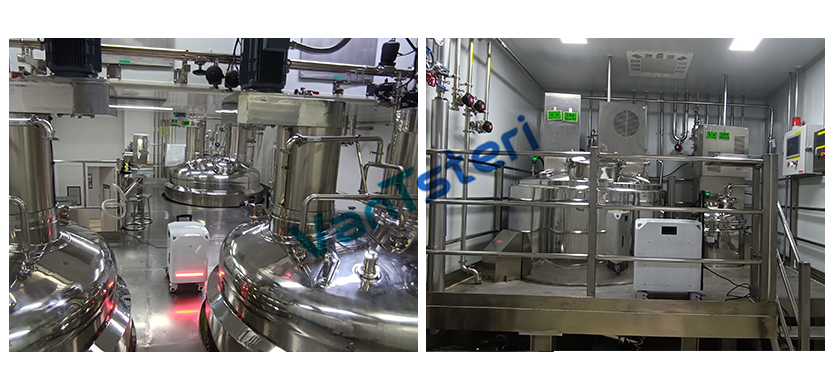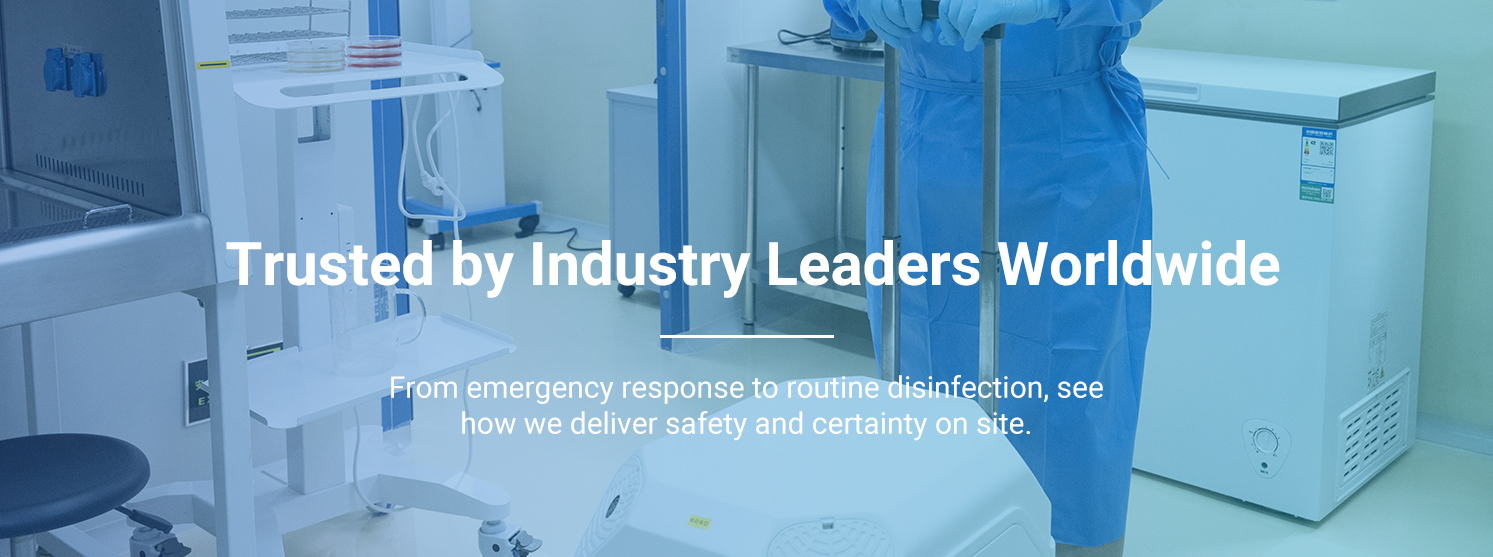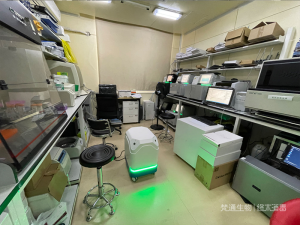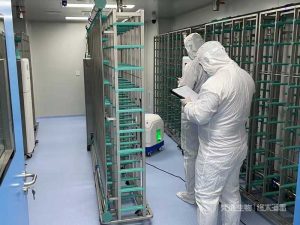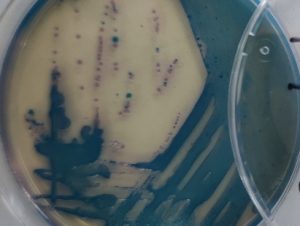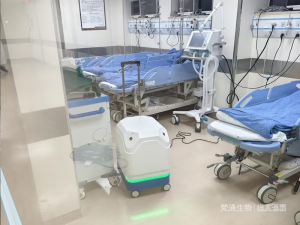Pharmaceutical Plant Process Equipment and Pipeline Disinfection Service
- Addtime: 2025-08-01 / View: 203
During the pharmaceutical production process, ensuring equipment cleanliness and sterility is the cornerstone of ensuring drug quality and safety. Disinfection of pharmaceutical process equipment not only impacts the purity and efficacy of the final product but also directly reflects a commitment to patient health. Therefore, establishing a scientific, rigorous, and efficient equipment disinfection process is crucial for pharmaceutical companies.
First, clarifying disinfection goals and principles is fundamental. Pharmaceutical companies need to develop targeted disinfection plans based on the characteristics of each piece of equipment, the nature of the drugs it contacts, and the requirements of the production environment. This includes, but is not limited to, selecting appropriate disinfectants, determining disinfection frequency, and evaluating disinfection effectiveness. Furthermore, adhering to the principle of "prevention first, regular disinfection," a combination of routine maintenance and periodic deep cleaning can effectively control the risk of microbial contamination.
Second, employing appropriate disinfection methods and techniques is crucial. Common disinfection methods include physical disinfection (such as high-temperature steam and ultraviolet irradiation) and chemical disinfection (using disinfectants such as ethanol and hydrogen peroxide). When selecting a disinfection method, factors such as disinfection effectiveness, ease of operation, impact on equipment materials, and cost-effectiveness should be comprehensively considered. For example, high-temperature steam sterilization can be used for heat-resistant equipment parts; whereas, for precision instruments or electronic components, a mild chemical disinfectant wipe is more appropriate.
Furthermore, enhanced process monitoring and effectiveness verification are essential. Before and after disinfection, rigorous inspections and records should be conducted, including disinfectant concentration testing, disinfection time control, and post-disinfection residue inspection, to ensure that each step meets the expected standards. Furthermore, regular microbial challenge tests should be conducted to simulate contamination conditions under actual production conditions to verify the effectiveness and reliability of the disinfection process.
Finally, continuous optimization and training are essential. With the continuous advancement of pharmaceutical technology and increasingly stringent regulatory requirements, pharmaceutical companies should continuously explore more efficient and environmentally friendly disinfection technologies and methods. At the same time, they should strengthen professional training for employees to enhance hygiene awareness and operational skills, fostering a positive disinfection culture.
Disinfection of pharmaceutical process equipment is a systematic project that requires a comprehensive approach across multiple dimensions, including system development, technology application, process control, and personnel management, to ensure safe and high-quality drug production.
Fantong Bio provides disinfection services for pharmaceutical factory process equipment, including: pulverizer disinfection services, granulation and drying machine disinfection, liquid preparation tank disinfection, tunnel oven disinfection, biological safety cabinet disinfection, isolator disinfection and other services.
